The Chinese medical sage
Overview
Chinese Name: 张仲景
English Name: Zhang Zhongjing
Other Names: Zhang Ji 张机, Zhang Changsha 张长沙
Born: about AD 150-154
Died: about AD 215-219
Achievements:
Known as the sage of medicine by later generations 被后世誉为医圣
Compile the theory of typhoid fever and miscellaneous diseases 编写伤寒杂病论
Main Works:
the theory of typhoid fever and miscellaneous diseases 伤寒杂病论
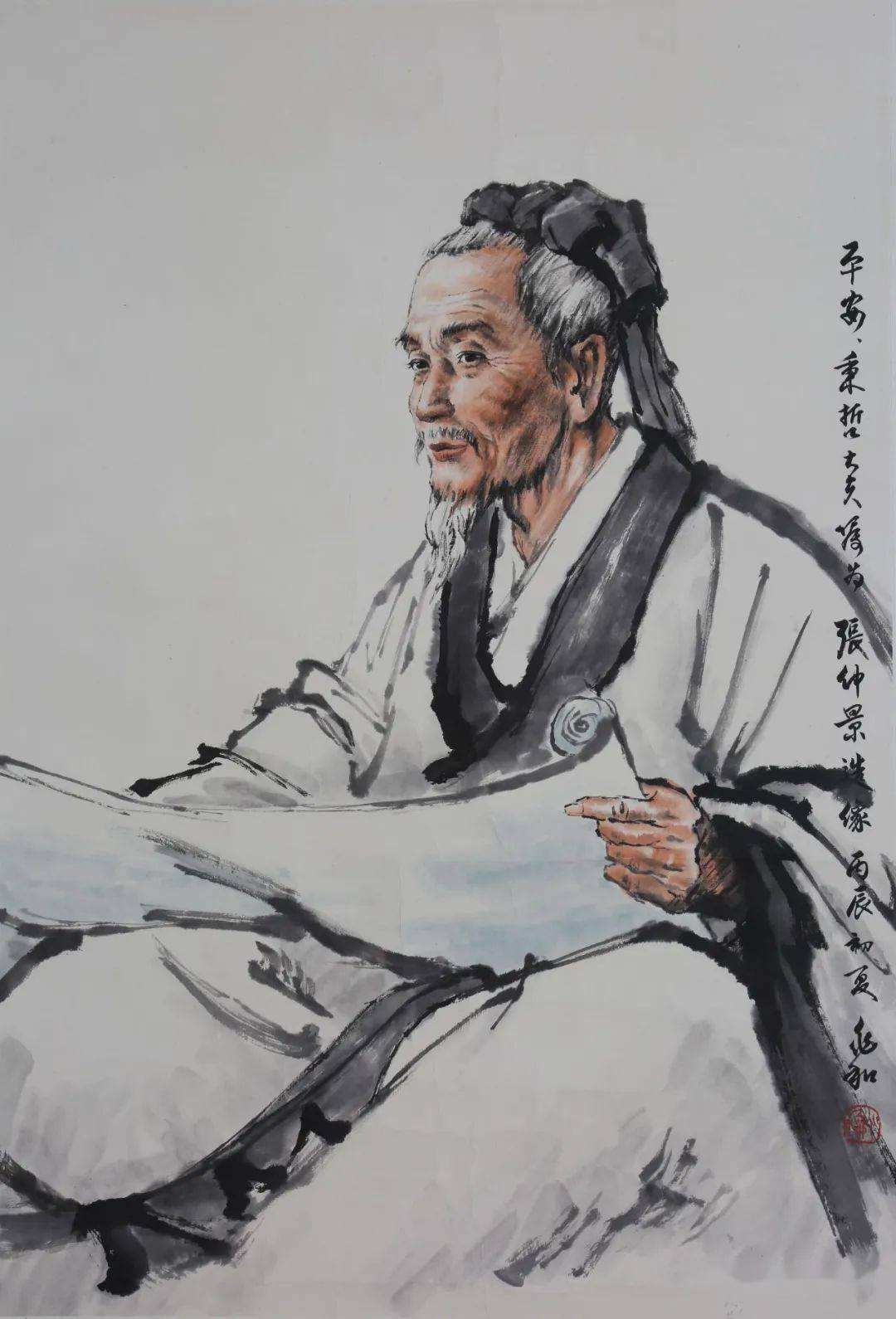
Brief Biography of Zhang Zhongjing
Zhang Zhongjing, a medical scientist in the late Eastern Han Dynasty, was honored as a “medical saint 医圣” by later generations.
Zhang Zhongjing (about AD 150-154 – about AD 215-219), with the name of Ji 机 and the courtesy name Zhongjing 仲景, was born in Nanyang 南阳 Nieyang county 涅阳县 (now Zhangzhai village 张寨村, Luodong Town 穰东镇, Dengzhou City 邓州市, Henan Province 河南省). Zhang Zhongjing extensively collected medical prescriptions and wrote a masterpiece–the theory of typhoid fever and miscellaneous diseases 伤寒杂病论. The principle of “syndrome differentiation and treatment” established by it is the basic principle of TCM clinical practice and the soul of TCM.
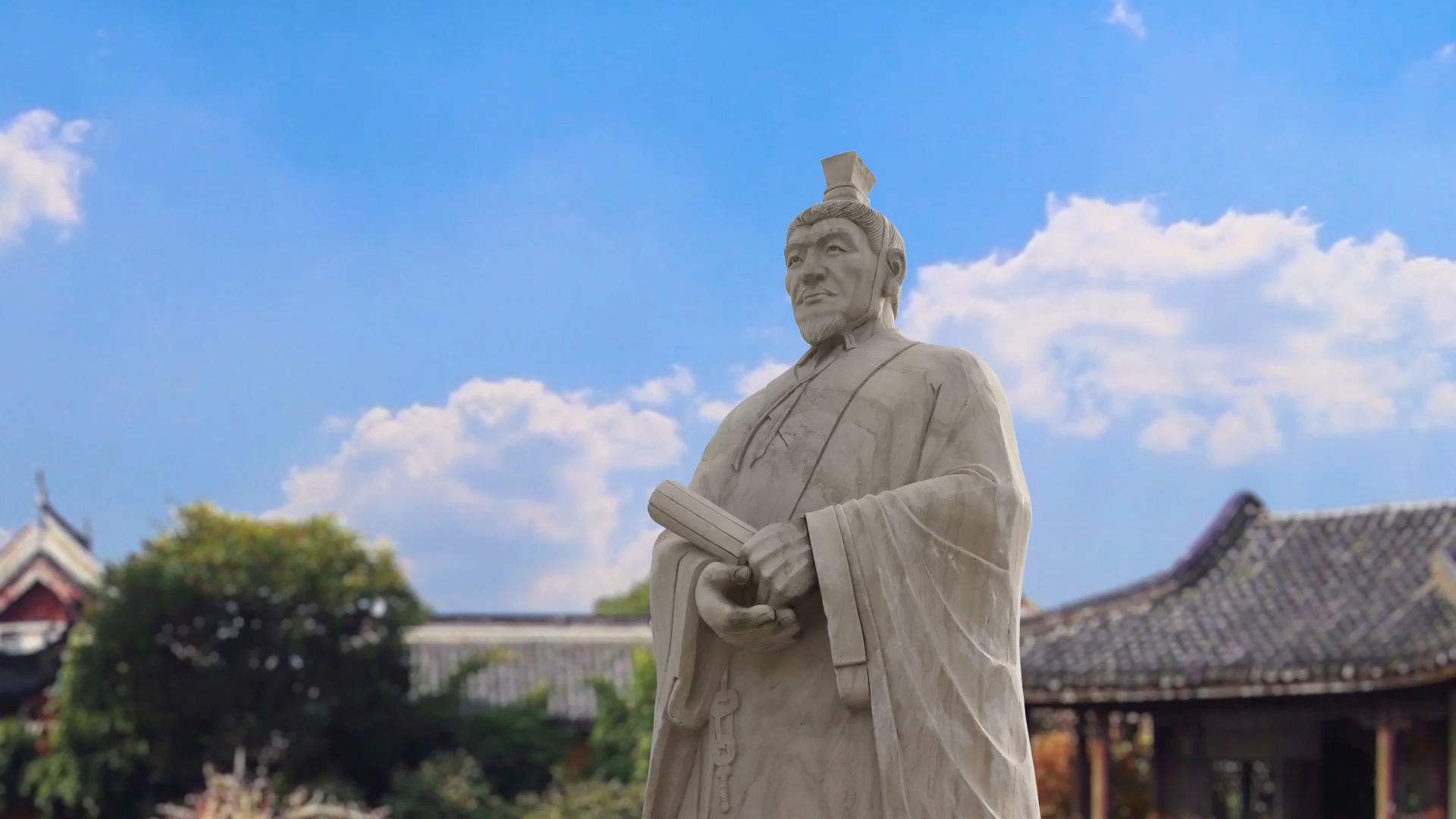
In terms of prescriptions, the theory of typhoid fever and miscellaneous diseases 伤寒杂病论 has also made great contributions, creating many formulations and recording a large number of effective prescriptions. The principle of treatment based on syndrome differentiation of six meridians, which was established by him, was highly praised by medical experts of all dynasties.
This is the first medical monograph in China that develops from theory to practice and establishes the principle of syndrome differentiation and treatment. It is one of the most influential works in the history of Chinese medicine and a necessary classic for post scholars to study traditional Chinese medicine. It is widely valued by medical students and clinical doctors.
Personal life and Major contributions
Resolve in troubled times
At the end of the Eastern Han Dynasty, the government was uneasy. Peasant uprisings have occurred one after another, the scourge of war has continued, war is everywhere, the people have suffered from war, and epidemic diseases have caused many people to die, which is unbearable to see. The government office was too busy to fight for power and launched a war.
This made Zhang Zhongjing dislike officialdom, despise official career and sympathize with the people from an early age, and germinated the desire to learn medicine to save the people. In the fourth year of Yanxi 延熹 of emperor Huan of the Han Dynasty (AD 161), when he was about 10 years old, he studied medicine under the guidance of Zhang Bozu 张伯祖, a doctor in the same county.
Zhang Bozu was a famous doctor at that time. He was calm, simple and diligent in medicine. Every time he sees a doctor or prescribes a prescription for a patient, he is very careful and thoughtful. Most of the patients he has treated will recover. He is highly respected by the people. Zhang Zhongjing studied medicine with him very carefully.
Whether Bozu went out to consult patients, copy prescriptions, or go up to the mountains to collect medicine, or go home to cook, Zhang Zhongjing was never afraid of hardship or fatigue. Zhang bozu liked this student very much and passed on his rich experience accumulated in his life-long practice of medicine to him without reservation.
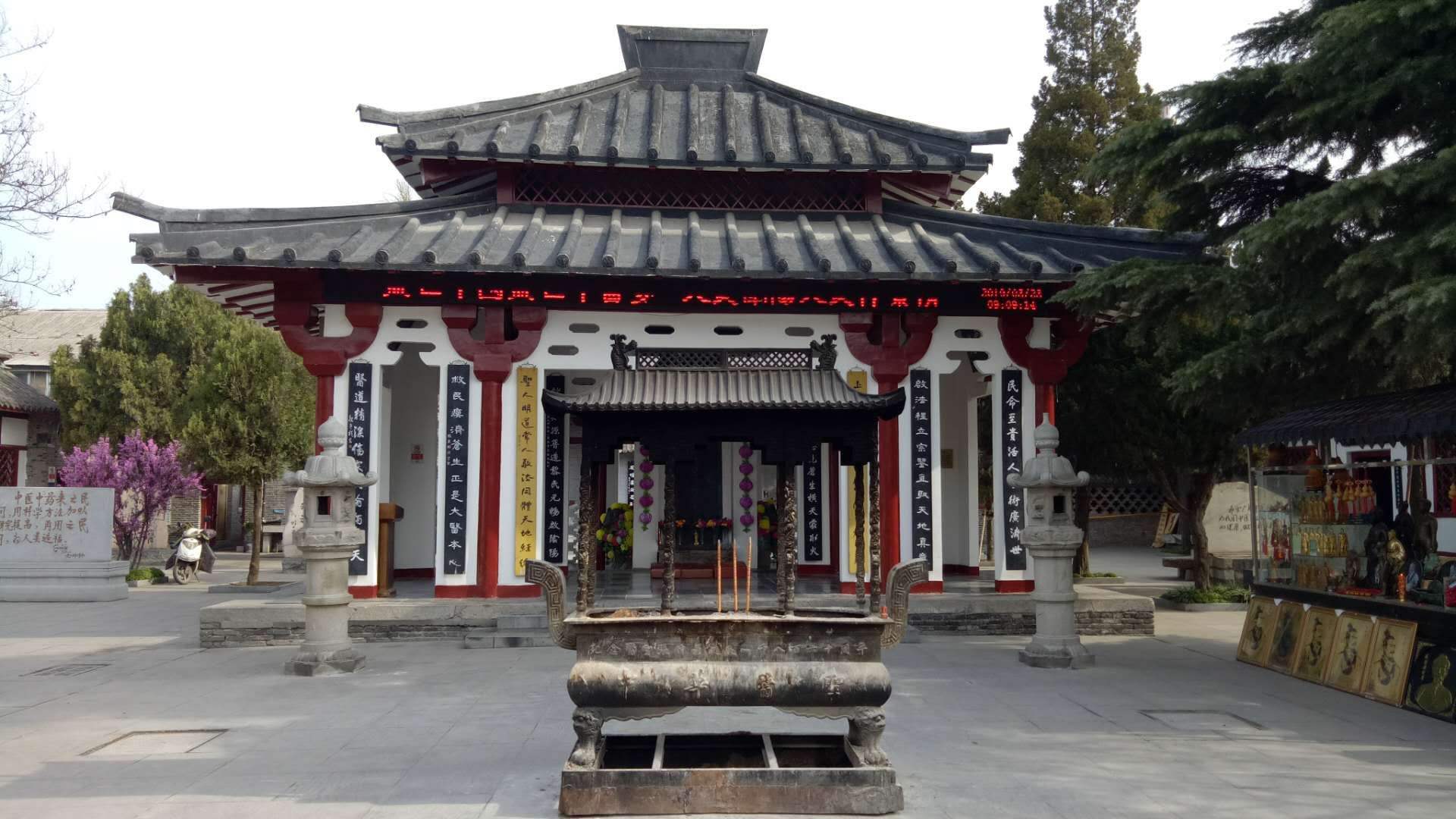
He Fei 何颙, a fellow countryman who is older than Zhang Zhongjing, knows him very well. He said that Zhang Zhongjing is talented, good at thinking and learning, smart and steady, but he does not have the temperament and demeanor of an official, and is not suitable for an official. As long as he concentrate on studying medicine, he will become a famous doctor in the future.
He Fei’s words strengthened Zhang Zhongjing’s confidence in learning medicine, and he studied harder from then on. He read medical books, widely absorbed the experience of various doctors for clinical diagnosis, and made great progress. He soon became a famous doctor, and even surpassed his teacher. Zhang Zhongjing advocated “seeking ancient precepts frequently” and conscientiously studied and summarized the theoretical experience of predecessors.
Medical style 医风
Zhang Zhongjing is modest and prudent and advocates lifelong learning. In his preface, he said that he is not a genius and can only obtain knowledge by studying hard. He especially showed that he loved medicine since he was a teenager. Please allow him to do it in a down-to-earth manner according to Confucius’ words, because there is no end to medicine. He must persist in learning all his life, and never too old to learn.
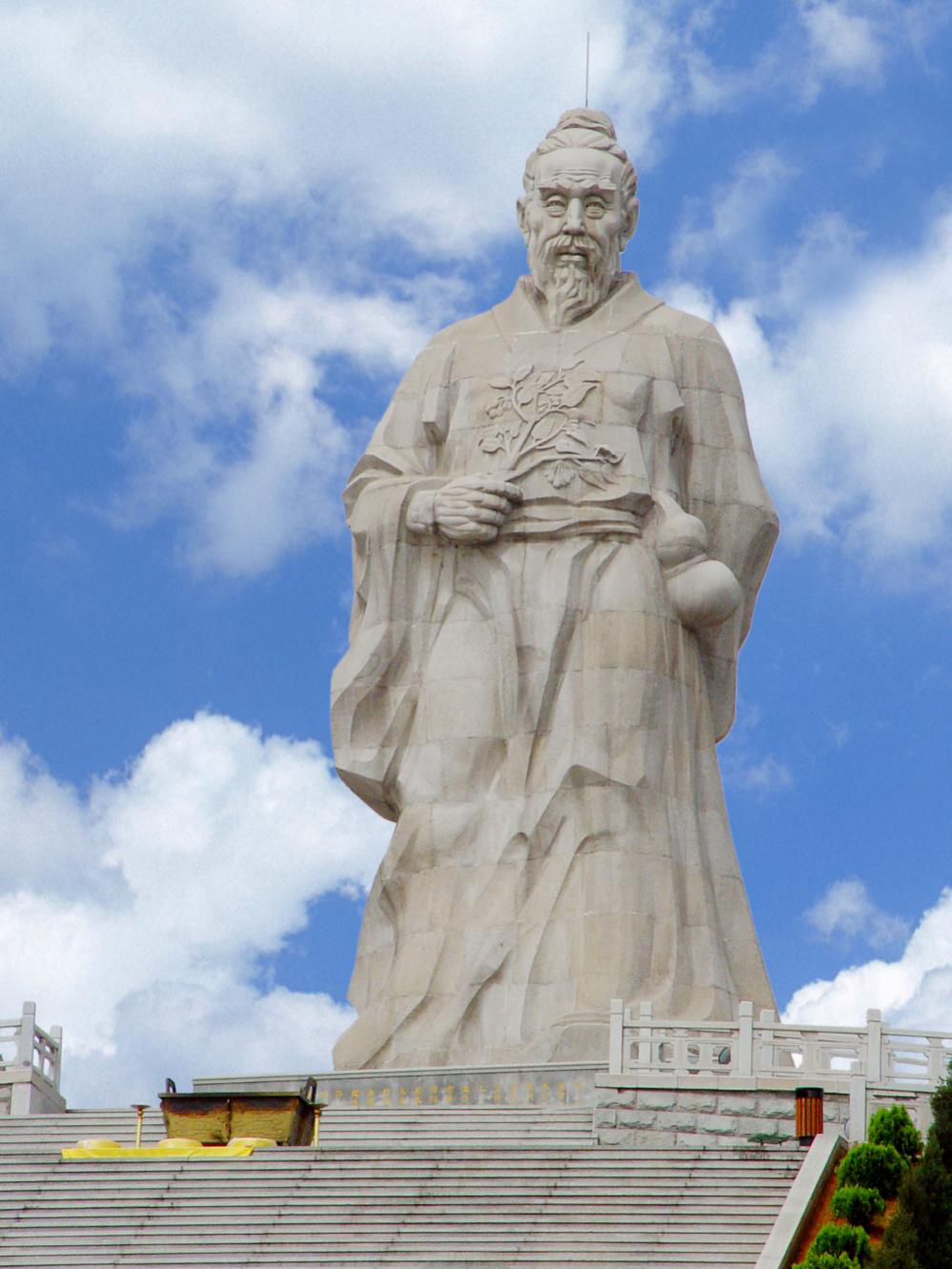
Zhang Zhongjing also established a simple, unsophisticated, diligent and down-to-earth style of study for future generations. The writing style of the theory of typhoid fever and miscellaneous diseases 伤寒杂病论 is simple and concise, without any floating words and empty theories, which has a great impact on later TCM works. He never let go of the slightest doubt he encountered during his diagnosis and study and must find out what was going on.
Compile the theory of typhoid fever and miscellaneous diseases
The theory of typhoid fever and miscellaneous diseases 伤寒杂病论 is a monograph that has collected the great achievements of medical theory since the Qin and Han Dynasties and has been widely used in medical practice. It is one of the most influential classical medical works in the medical history of China and also the first great work in clinical therapeutics in China.
The contribution of the theory of typhoid fever and miscellaneous diseases 伤寒杂病论 lies in the development and establishment of the basic principles of TCM syndrome differentiation and treatment.
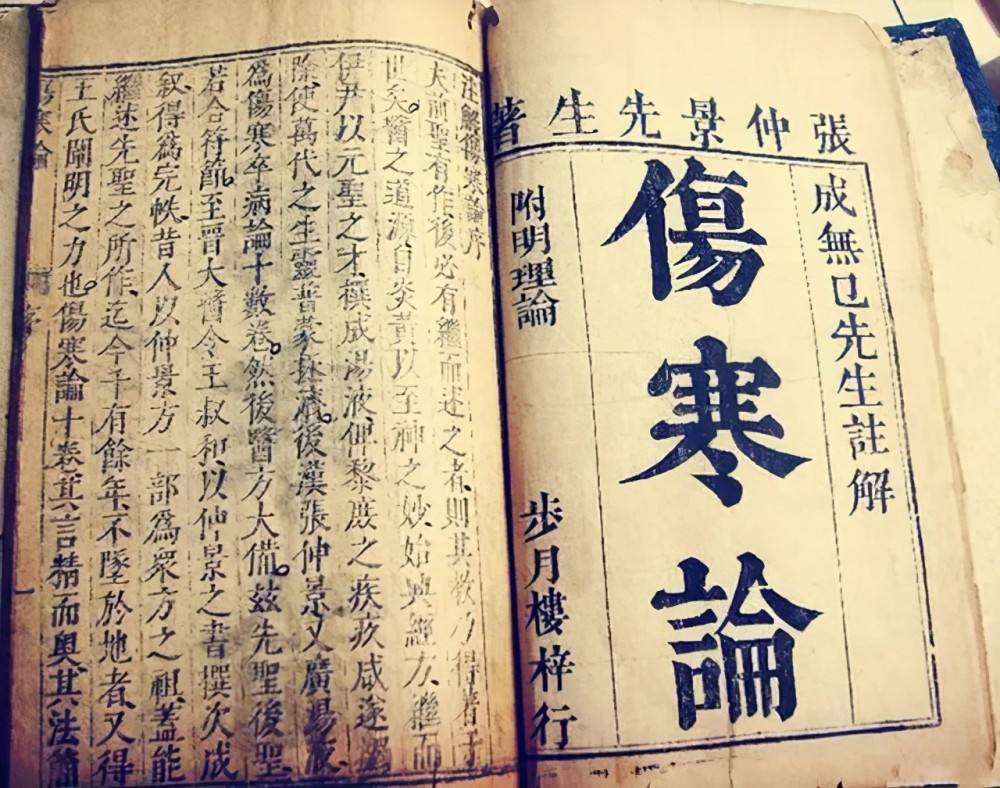
Zhang Zhongjing comprehensively analyzed various symptoms in the process of disease occurrence and development, according to the invasion of disease pathogens into the meridians and viscera, the strength of the patient’s physique, the rise and fall of healthy qi, the progression and retreat of the disease, and the presence or absence of chronic diseases (other old diseases), so as to find the rules of disease onset, so as to determine the treatment principles in different situations.